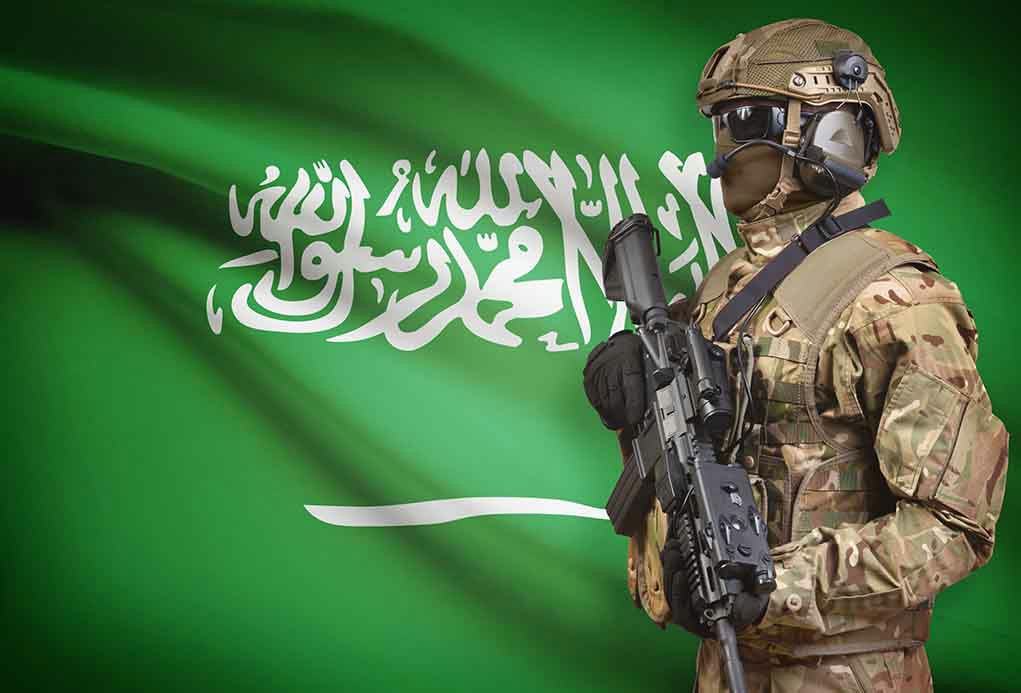America’s law enforcement heritage faces a new flashpoint as a Michigan police department introduces Arabic script on official uniforms, igniting concerns over national identity and constitutional values.
Arabic Script on Police Uniforms Raises National Debate
In early September 2025, the Dearborn Heights Police Department in Michigan announced an optional uniform patch bearing both English and Arabic text, a first for any U.S. police force. Officer Emily Murdoch, inspired by the city’s demographic makeup, designed the patch to honor the area’s substantial Middle Eastern and North African population. The department positioned the move as a gesture of respect and unity, but the announcement quickly drew national attention and controversy, especially among Americans wary of rapid cultural shifts and perceived threats to foundational values.
Dearborn Heights and its neighbor Dearborn host some of the largest Arab-American communities in the country, with nearly 40% of the former’s residents claiming Middle Eastern descent and Dearborn itself now a majority Arab-American city. These demographic changes have prompted a series of public accommodations, from bilingual signage to the broadcast of the Islamic call to prayer, each sparking its own debates. The introduction of Arabic on police uniforms has proven especially contentious, representing for many a dramatic and highly visible symbol of cultural change in law enforcement, an institution closely tied to American ideals and authority.
Critics Warn of Cultural Encroachment and Slippery Slopes
The backlash was swift and intense on social media and political commentary platforms, where critics—including elected officials—framed the patch as a gateway to religious law and the erosion of American identity. Representative Randy Fine (R-FL) publicly denounced the move, invoking fears of Sharia law and warning that such gestures could undermine the constitutional separation of church and state. Opponents argue that official symbols should remain in English to promote unity, warning that visible concessions to minority groups may foster division and fuel demands for further accommodations, challenging the very notion of assimilation upon which the nation was built.
The department’s Facebook post announcing the patch was inundated with negative comments, prompting officials to disable replies. Such reactions underscore a deep unease among segments of the public, who see the change not as benign inclusion but as a signal of shifting power dynamics and priorities within government agencies. The fact that the patch is optional has done little to quell fears, as many believe it sets a precedent for future, potentially mandatory changes.
Supporters Cite Inclusion, But Concerns Over American Values Remain
Proponents, including the Dearborn Heights Police Department leadership and civic organizations, argue the patch is a necessary step toward building trust with a diverse population. They maintain it represents a voluntary celebration of cultural heritage, not a surrender to religious law or foreign influence. Law enforcement experts note that visible representation can foster cooperation and mutual respect, particularly in communities with longstanding tensions between residents and authorities. Yet, for many in the broader public, such justifications do not address the underlying anxiety about dilution of American customs and the risk of government institutions abandoning shared national symbols in favor of divisive identity politics.
Academic experts and mainstream media have verified that no evidence links the patch to any policy change or imposition of Sharia law. Instead, the controversy has become a flashpoint in national debates over multiculturalism, immigration, and the role of public institutions in reflecting or shaping social identity. The episode illustrates how even symbolic gestures can become battlegrounds for the future of American values and the preservation of constitutional principles in an era of rapid demographic and cultural change.
This is how it starts.
Look at Europe!
**
Sharia Law? US Police Dept Introduces Arabic Patchhttps://t.co/tt3IYDhxV4— Chuck Nellis The Phoenix (@ChuckThePhoenix) September 5, 2025
The wider impact remains uncertain. While Arab-American residents may feel more recognized by the patch, non-Arab and conservative community members fear marginalization and the normalization of practices that may conflict with their beliefs. Some officers may also face internal division or pressure over whether to adopt the patch. The situation in Dearborn Heights could influence other departments nationwide, either spurring similar initiatives or leading to new policies affirming English-only standards for official government symbols. As debates intensify, the core question remains: how far should American institutions go in adapting to demographic change before they risk eroding the very traditions and values that unite the country?
Sources:
Michigan police force introduces optional badge with Arabic text, sparking controversy
Dearborn Heights Police Department trots out optional patch featuring Arabic, English text
First in US: Dearborn Heights Police Department unveils patch with Arabic language

